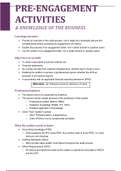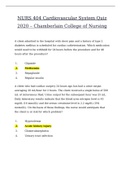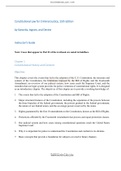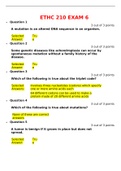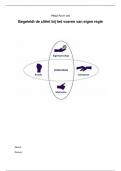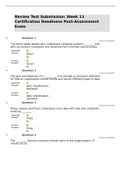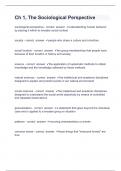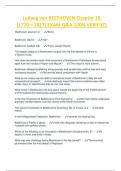Summary
Summary Pre-engagement Activities & Knowledge of Business Auditing 288/388
- Course
- Auditing 288/388
- Institution
- Stellenbosch University (SUN)
This is an in-depth document detailing pre-engagement activities and knowledge of business in the Auditing process.
[Show more]
